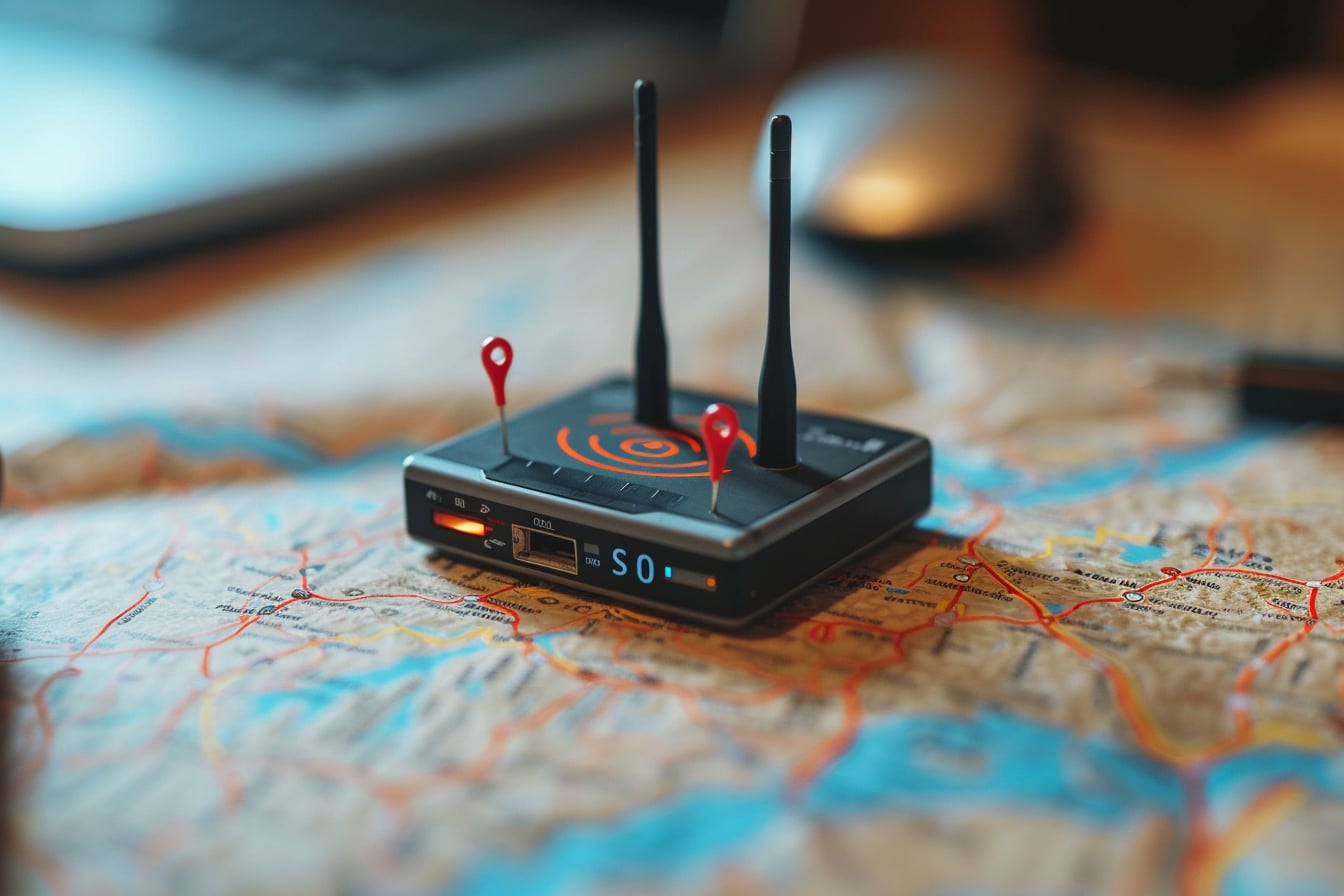Boost Your Network Performance: A Comprehensive Guide to Professional WiFi Repeater Installation

The performance of a WiFi network in a professional environment is essential to maintain high productivity and guarantee smooth communication. A weak or unstable signal can lead to delays, frustrations and an overall drop in efficiency. A professional WiFi repeater is a solution of choice for extending the range and quality of network coverage. This equipment, by capturing and retransmitting the existing signal, expands the coverage area and improves reception in hard-to-reach areas.
Definition and operation of the wifi repeater
The WiFi repeater, often called an amplifier, is a device that captures the wireless signal emitted by a box or router and transmits it to extend it further. Designed specifically to overcome range issues, this device works by receiving data from the primary network and broadcasting it again, creating a second, larger network.
Choosing a professional repeater often comes down to questions of performance and security. Business models typically offer advanced features, such as multiple frequency bands, increased capacity to support large numbers of simultaneous connections, and enhanced security options.
The importance of location selection

Installing a WiFi repeater begins with a critical step: selecting the optimal location. For the device to work effectively, it must be placed at a point where the signal from the router is still strong enough to be amplified, while still being close enough to problem areas.
A strategic location will allow the repeater to maximize its potential. Professional devices often have indicator lights or built-in tools to help choose the ideal location, based on the strength of the signal received.
Performance evaluation and selection of the right hardware
Before purchasing a repeater, an evaluation of the required performance is essential. This analysis involves understanding the specific needs of the company: size of premises, wall materials, number of users, types of applications used and throughput requirements.
Professional WiFi repeaters offer distinctive features, such as support for the WiFi 6 standard for better management of the simultaneous connection of multiple devices or MU-MIMO (Multi-User, Multiple Input, Multiple Output) technology to optimize the data flow.
The choice of material must also take into account compatibility with existing network infrastructure and the latest technological innovations in order to guarantee a long-lasting solution.
Installation procedure and configuration
The installation of a professional WiFi repeater must be precise and meticulous. First, a repeater firmware update is often recommended right out of the box to benefit from the latest performance and security improvements.
Configuration, for its part, can generally be carried out via a web interface or a mobile application. The process usually involves pairing with the primary network and setting security settings, such as WPA3 encryption for optimal protection.
Network administrators should also address dynamic or static IP address allocation and consider setting up separate SSID networks for visitors and company staff to isolate traffic and increase security.
Benefits of using professional wifi repeaters
Adopting a professional WiFi repeater brings a series of tangible benefits for any business. Wide, consistent network coverage leads to a noticeable improvement in productivity, with consistent, reliable connectivity that allows employees to work uninterrupted, wherever they are on site.
At the same time, access to advanced management and analysis features enables diligent network monitoring, which is critical to quickly detecting and resolving performance issues.
Post-installation optimization
Once the repeater is installed, its optimization should not be neglected. This involves regular monitoring of the flow rate and signal quality in the different areas covered to ensure that the device is operating at its full potential. Adjustments may be necessary to refine performance, such as changing wireless channels in the event of detected interference.
Professional WiFi repeaters with advanced management features often offer dashboards to visualize network efficiency in real time. They support traffic analysis, which helps identify usage peaks and plan possible network expansions.
Wide Area Network Security
With a larger wireless network, security issues become central. Access management, MAC address filtering, as well as implementing strict security policies are essential to protect sensitive company data.
Having separate networks for guests and for critical business activities is a common practice. It helps minimize the risk of intrusions while providing connectivity to those who need it.
To improve a company’s network coverage, the professional WiFi repeater stands out as a powerful and versatile solution. A successful installation requires careful choice of location, appropriate selection of hardware based on requirements, and a series of careful configuration steps.
Comments
Leave a comment